Research
Global changes are affecting simultaneously biodiversity, ecosystem functioning and their complex interactions but our ability to determine how ecosystems may respond to such changes is limited. Understanding the consequences of human activities is crucial to link theoretical and applied ecology at the individual, population, community and ecosystem levels. Our lab aims to understand the mechanisms linking a non-random source of alteration of biodiversity to freshwater ecosystem functioning. We primarily based our work on trophic ecology (stable isotope ecology), using trophic interactions as a currency to link the structure of biodiversity to ecosystem functions.
ONGOING RESEARCH PROJECTS
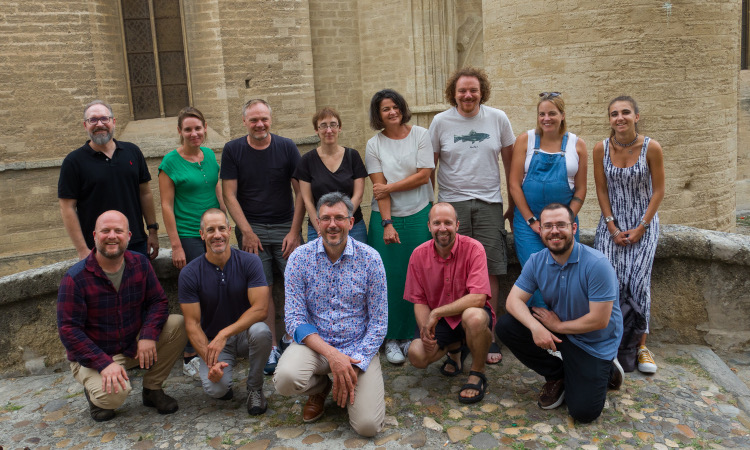
FOOD-WEBS – Collaborative research project funded by CESAB aiming to provide a stable isotope synthesis to understand the global response of freshwater ecosystems (Food-webs in the Anthropocene)
Collaborators: Food-web consortium
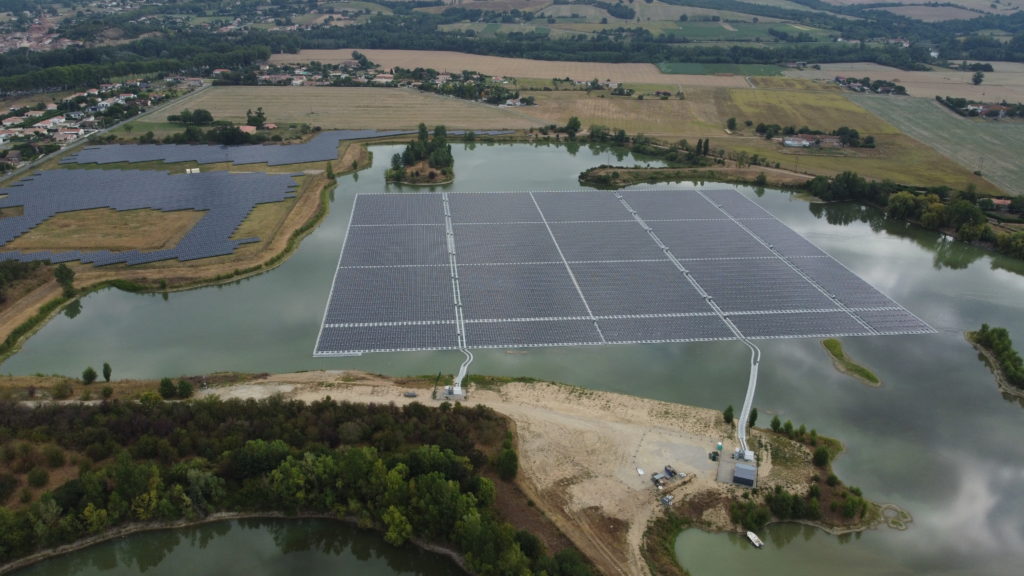
SOLAKE – ECLIPSE – FLOATIX – These projects aim to quantify the ecological impacts on biodiversity and ecosystem functioning of floating photovoltaics in lakes.
Collaborator: S. Boulêtreau, F. Colas, R. Nobre

GALAXIA – Quantification of the ecological impacts of invasive freshwater fish on an endemic galaxiid fish in New-Caldonia.
Collaborator: vies d’ô douces
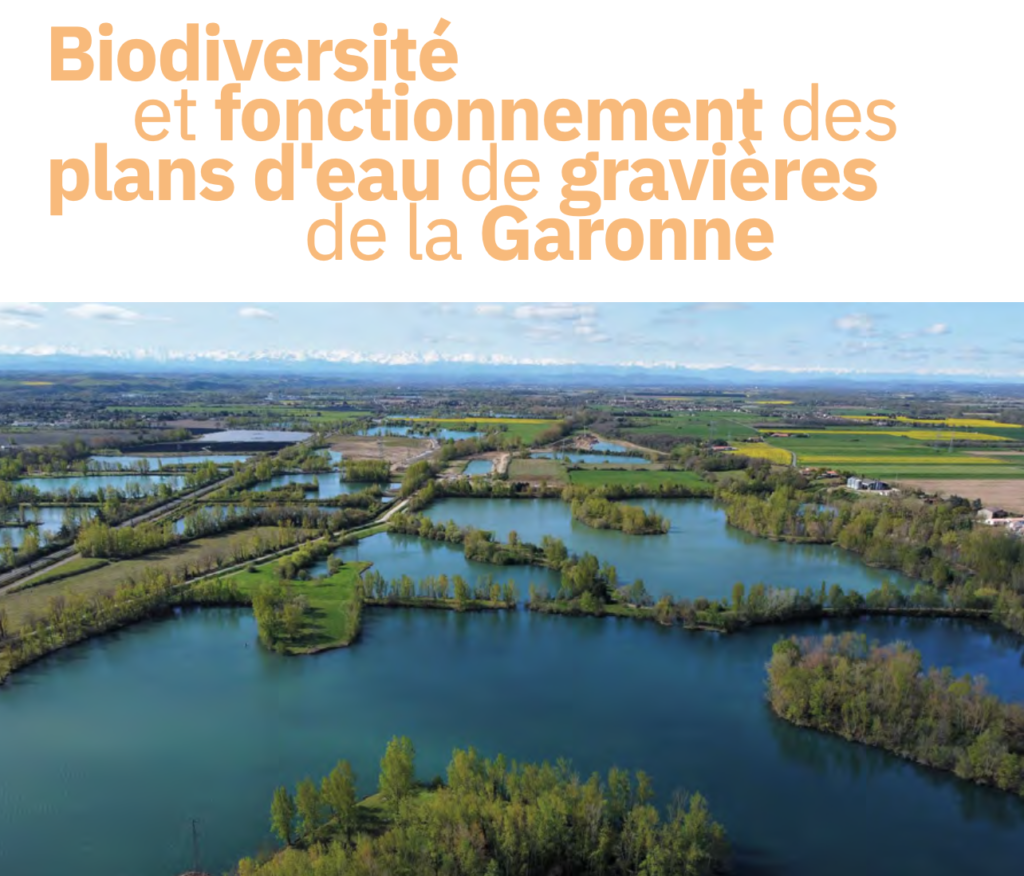
SEE-LIFE – Long-term monitoring of freshwater biodiversity in a meta ecosystem (gravel pit lake network).
Collaborator: S. Boulêtreau
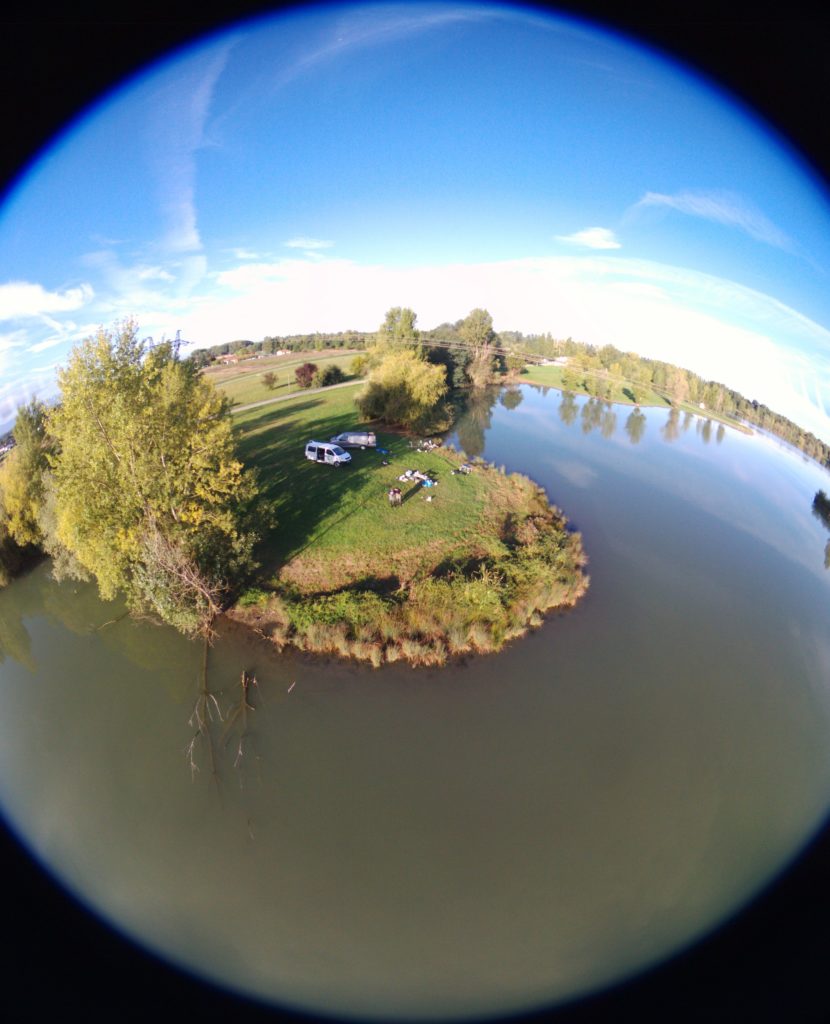
FUNELAKES – This international research project (IRP CNRS INEE) aims to develop a collaborative approach between France and the USA on the Functional Ecology of Lake Ecosystems.
Collaborators: J.D. Olden & S. Boulêtreau
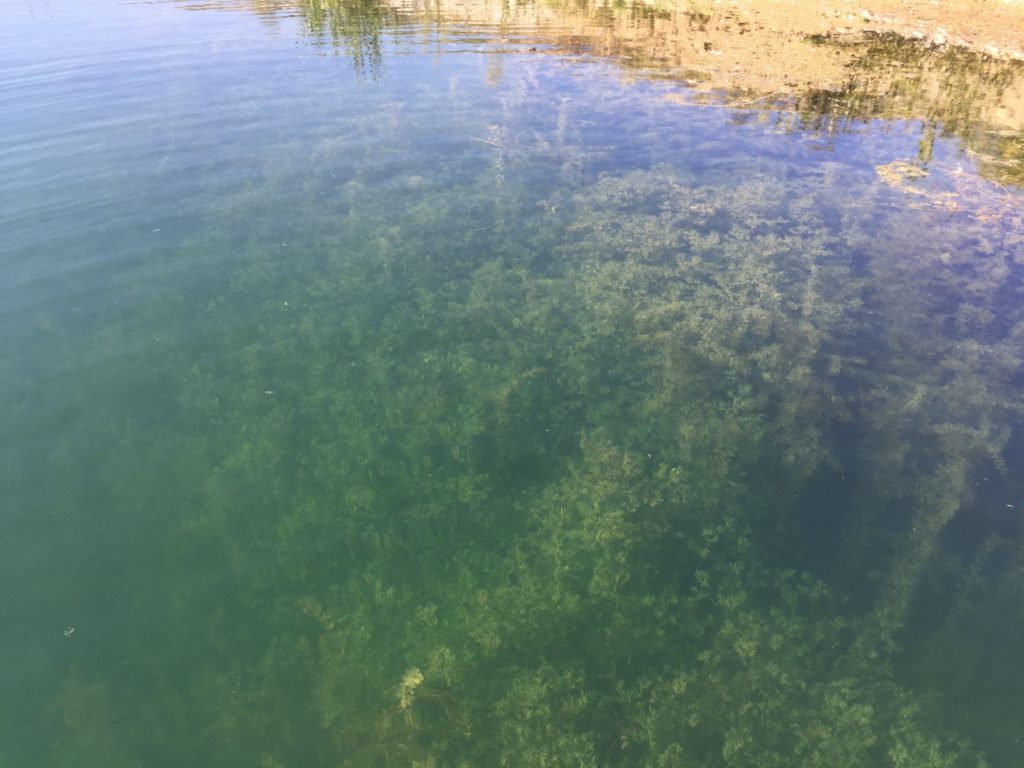
STABLELAKE – This project aims to quantify ecosystem stability using remote sensing and determine the effects of perturbations on ecosystem stability and food webs.
Collaborator: S. Boulêtreau
PAST RESEARCH PROJECTS
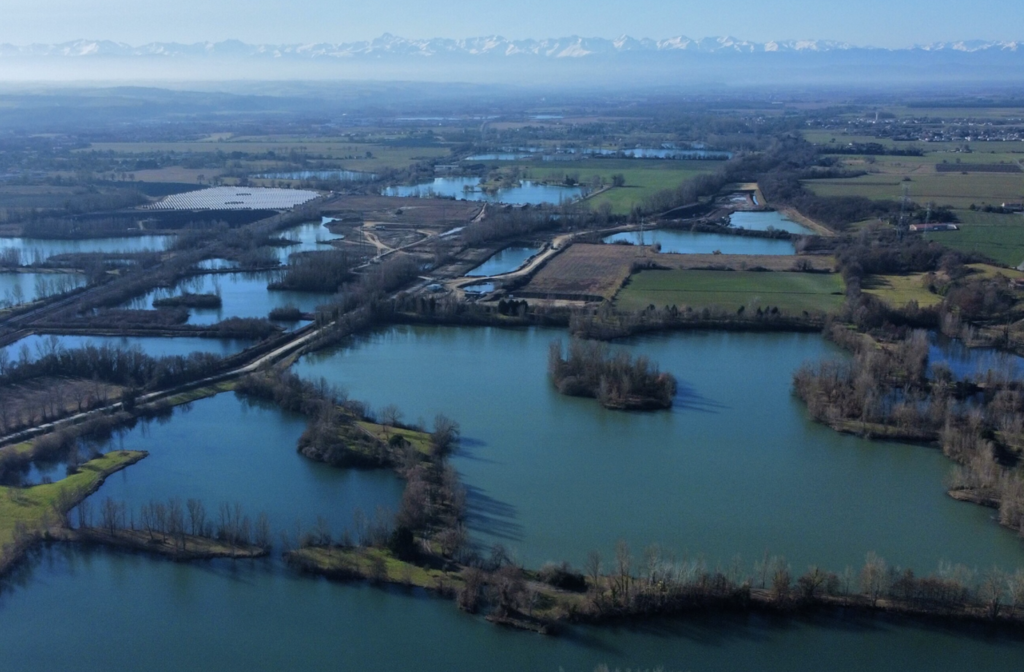
ECOSYNC – This collaborative research project is funded by the LABEX TULIP and will aim to develop and empirically test the concept of ecosystem synchrony, i.e. the correlations in the temporal fluctuations in ecosystem functions in meta-ecosystems.
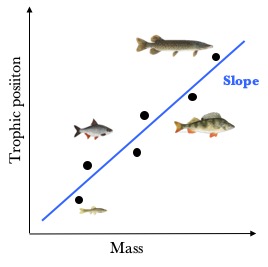
SPECTRA – This project aims to understand the distribution on body size spectrum across fish communities and its links to food web structure and ecosystem functioning.
Partner: G. Grenouillet
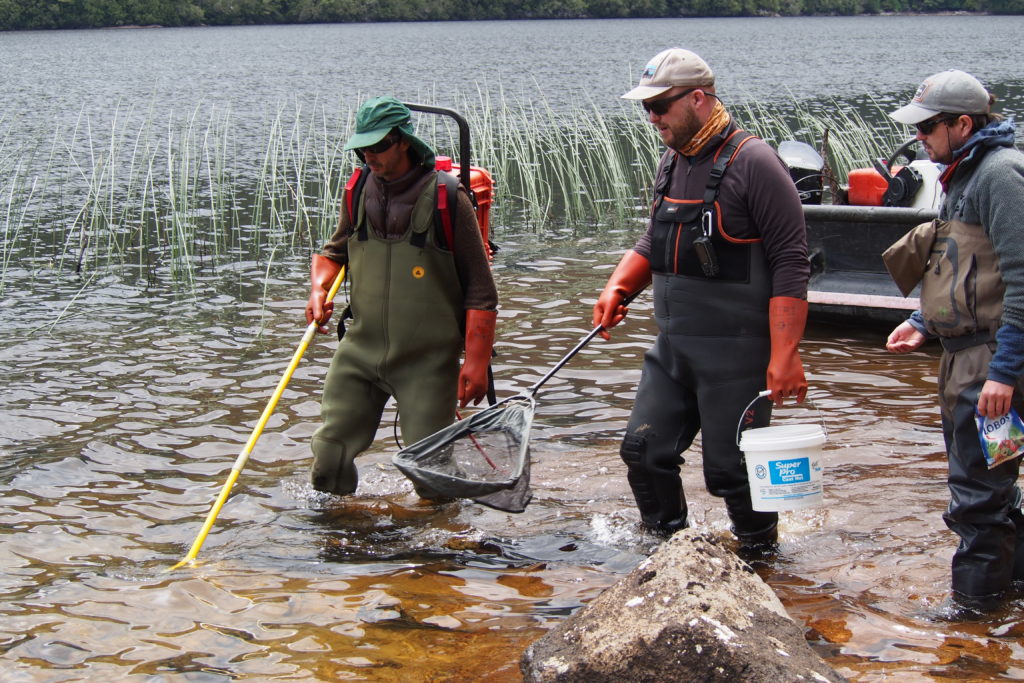
INTRU – This project aims to assess the extend of phenotypic and genetic variability of invasive Salmonids in pristine ecosystems and understand their ecological impacts.
Partners: S. Blanchet, C. Correa
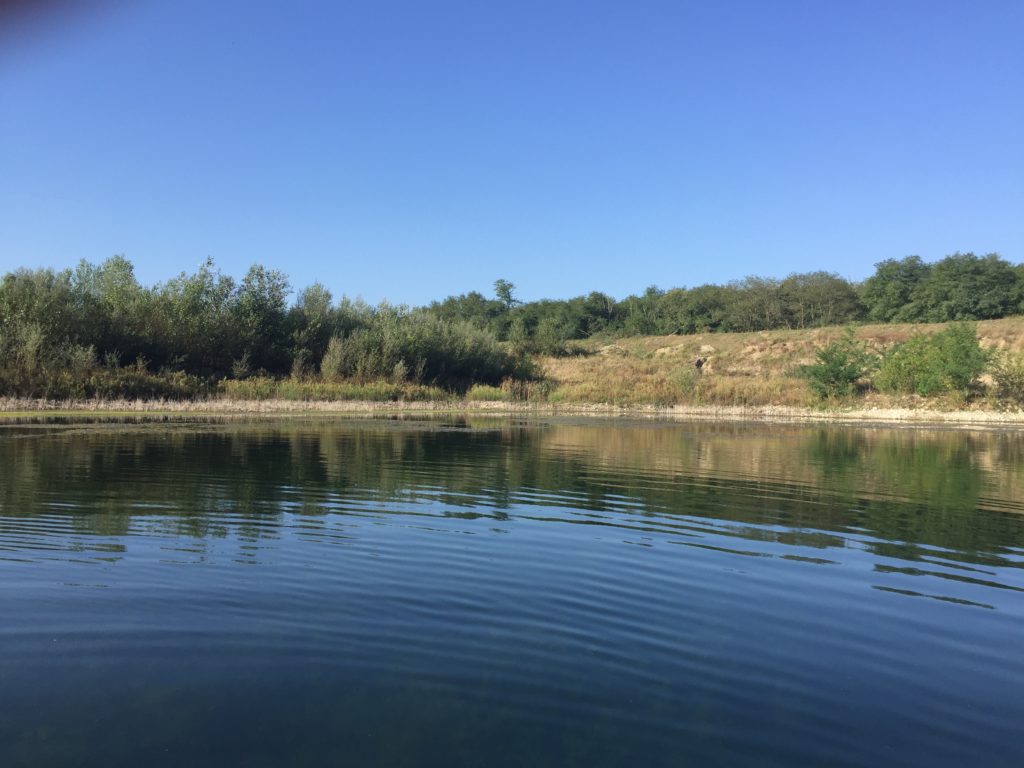
DISPERSINVA – This project aims to assess the pathways of introduction of invasive fish and crayfish in meta-socio-ecosystems.
Partner: G. Loot
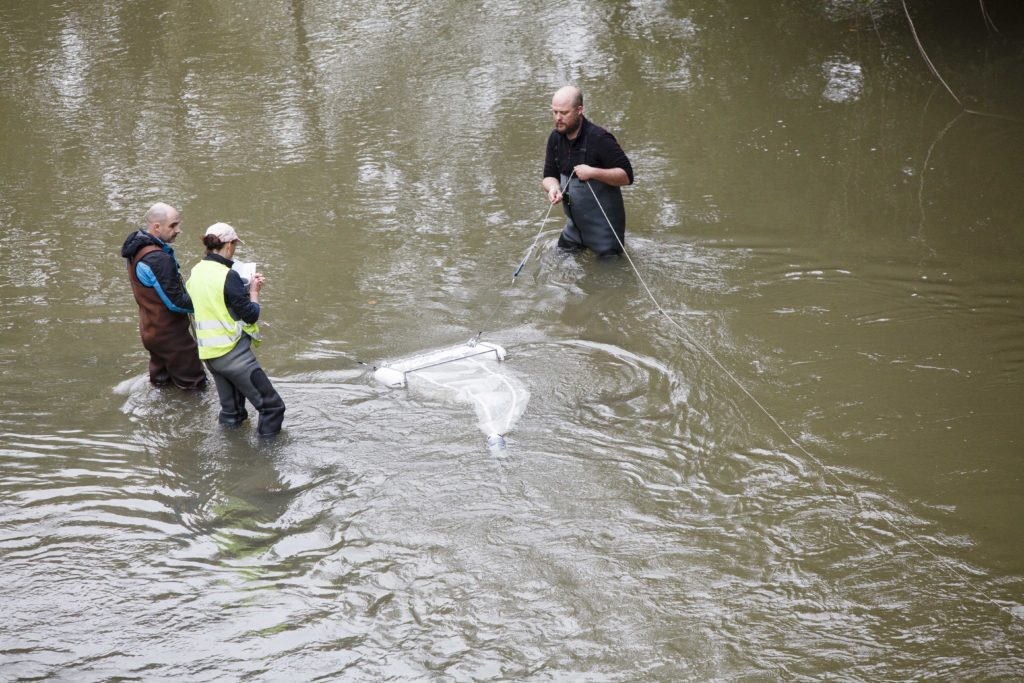
PLASTIGAR – This project aims at quantifying micro plastic pollution and its trophic transfer in stream food webs. VIDEO
Partner: A. Ter Halle
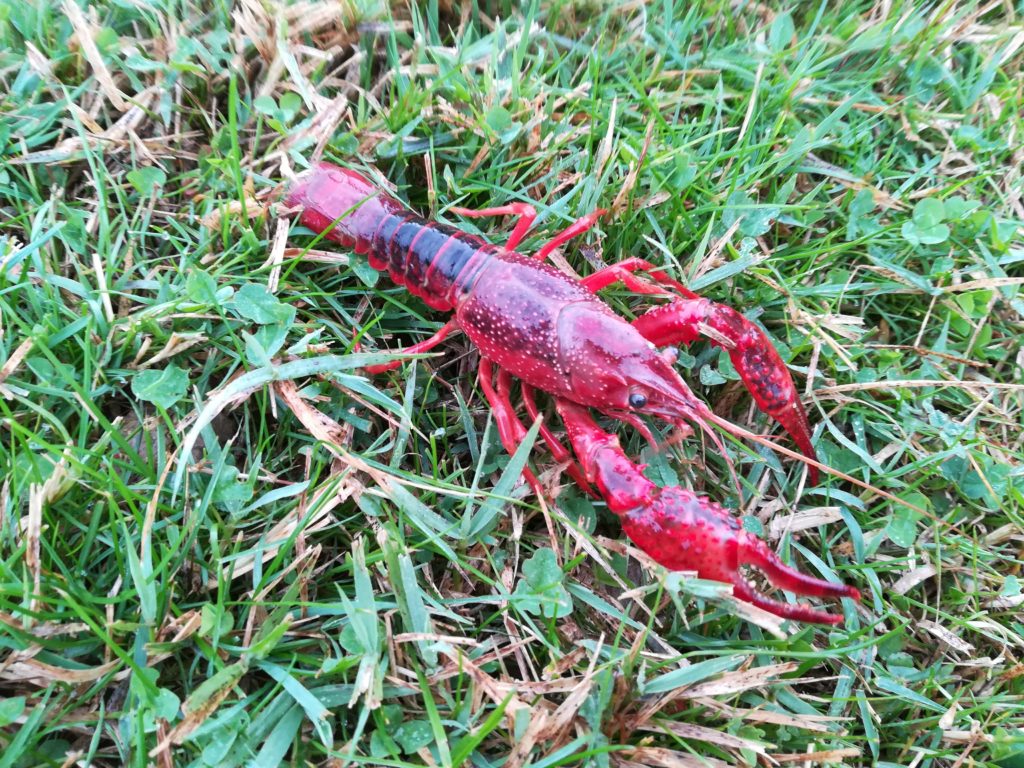
ERADINVA – This project aims at understanding how management-induced phenotypic changes in invasive species can affect ecosystem functioning.